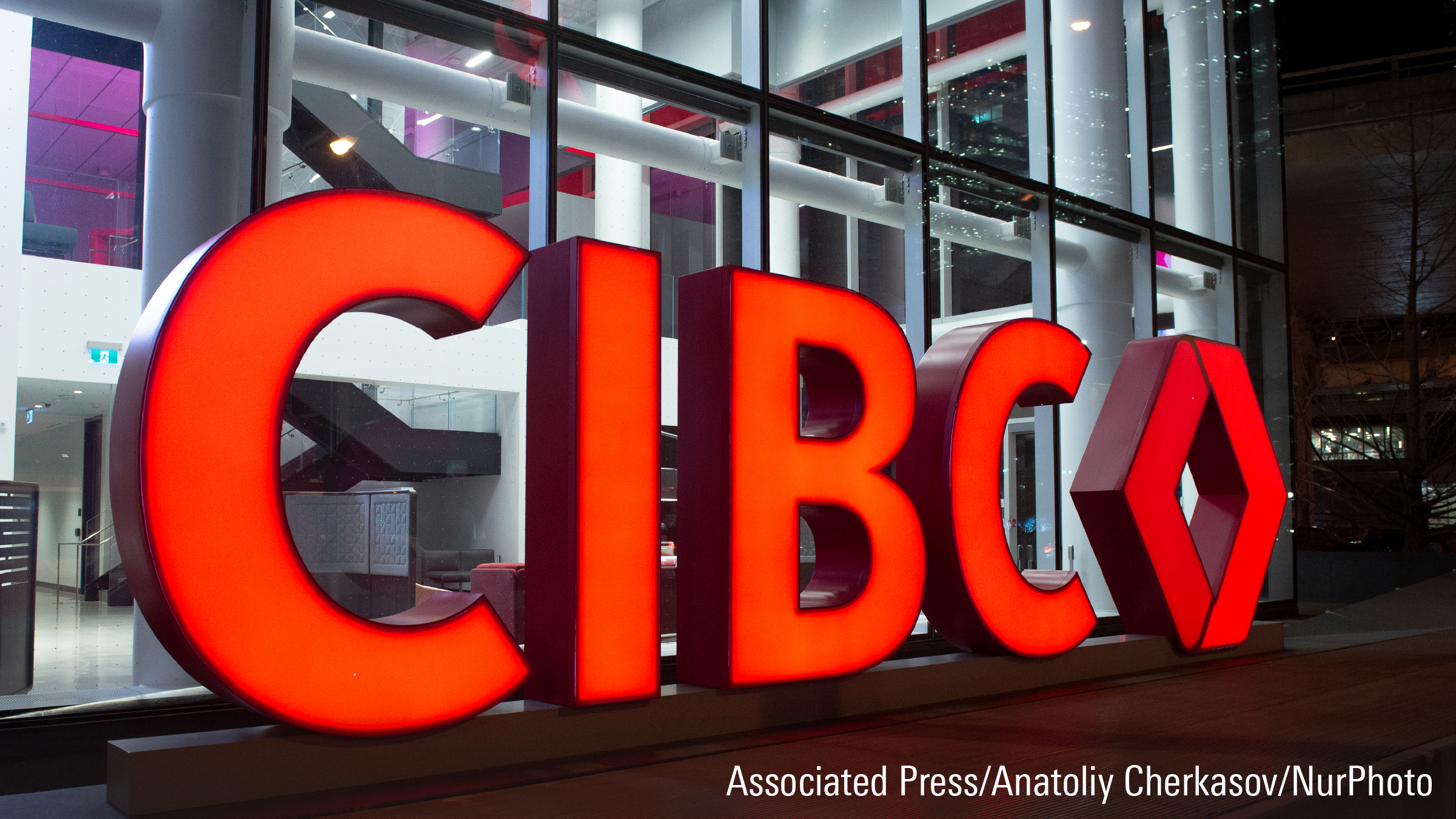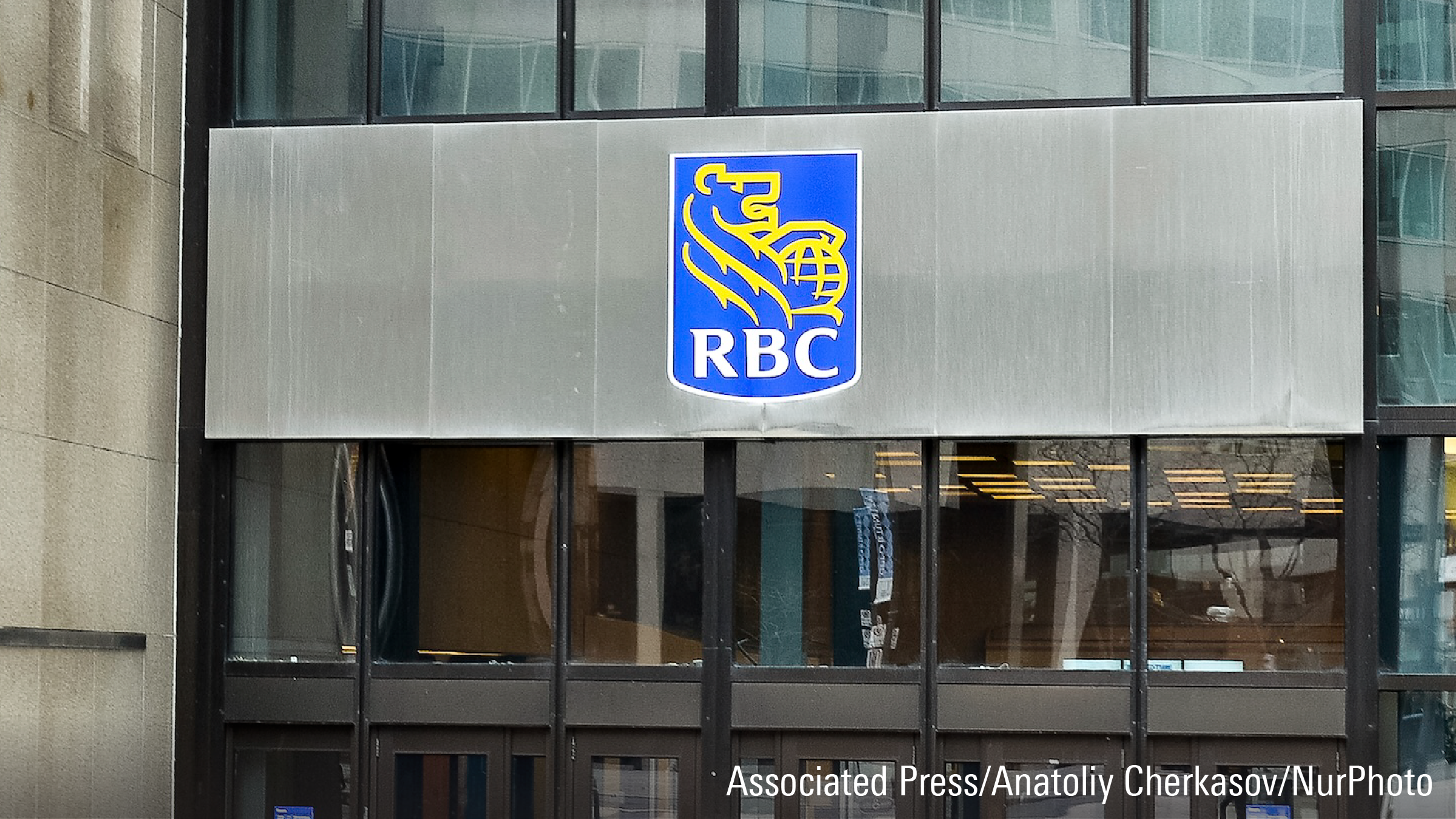Skimpy yields put income-seeking investors in a tough spot. Historically low yields in bonds have pushed many investors reliant on income into riskier alternatives such as dividend-paying stocks.
Fund investors face an additional hurdle because in a low-yield environment, a larger part of their potential income gets eaten up by fees; funds use the income generated from their holdings to cover their expenses, leaving what's left over to the fundholder. The higher the MER, therefore, the less you earn from dividend income.
There's one easy way to boost dividend income for fund investors: Lower your costs. ETFs are one plausible route to do so. Even ETFs that aren't exactly dirt-cheap, like iShares S&P/TSX Canadian Dividend Aristocrats with a 0.60% MER, have a significant advantage over most Canadian dividend-focused mutual funds.
This isn't necessarily an argument against using mutual funds for dividend investing. Active managers can identify companies that will increase dividends more rapidly than expected or avoid dodgy stocks at risk of cutting their dividends, improving upon the risk/reward combination provided by the indexes. Dividend payers have also enjoyed a big run in recent years, making passive alternatives less attractive from a valuation standpoint. Active managers can steer their portfolios toward pockets of more attractive value.
Our favourite dividend-oriented funds fall into two camps. Some emphasize dividend growth, while others seek relatively high yields. The latter will appeal more to investors seeking current income, though this approach comes with heavy concentration in yield-rich sectors like financials. These funds may also be more vulnerable to the risk of rising interest rates, as higher rates would make safer income alternatives like bonds more appealing. Relying on dividend growth will result in comparatively meagre yields, though with the likely benefit of a higher-quality portfolio. Firms that consistently grow their dividends can do so usually because they enjoy sustainable competitive advantages, a quality associated with above-average returns.
The options below include active funds and passive ETFs that invest in Canadian and U.S. equities. We didn't include dividend-oriented global mandates for lack of appealing options for Canadian investors. For a fairer comparison, the table at the end of this article looks at the F-series of the mutual funds considered, which are sold by fee-only advisors without embedded compensation, since ETFs usually also don't charge sales or trailing commissions.
Dynamic Dividend and Dynamic Equity Income
These funds, both led by Morningstar 2013 Domestic Equity Manager of the Year Oscar Belaiche and co-manager Jason Gibbs, rank among the best options in the Canadian Dividend & Income Equity category. (The funds haven't been under coverage over the past year, so their Analyst Ratings have lapsed, though we last rated both Bronze in 2013.) The managers invest in Canadian and U.S. stocks with above-market dividends, but the aim isn't to invest in the highest yielders, which usually don't meet their quality standards. Versus both the category and the S&P/TSX Composite Dividend Index, the portfolios stand out in terms of return on equity and return on invested capital -- two common signifiers of quality. They are also more exposed to financially healthy firms. The portfolios' Morningstar financial health grade is a B, versus B- for the category average. Lastly, by broadening their mandate to include U.S. stocks, the portfolios aren't as concentrated in the big Canadian sectors like financials.
Thanks to the managers' conservatism, the funds have been among the least volatile in the category. Their mild approach means the funds have lagged on the upside, but their risk-adjusted returns, as measured by Sharpe Ratio, rank near the top of the category over the past three-, five- and 10-year periods. This highly appealing risk/reward profile makes these funds better suited for investors seeking capital preservation than high income. While Dynamic Equity Income has a yield well north of 4%, most of that payout has been funded by return of capital rather than from dividends.
iShares S&P/TSX Canadian Dividend Aristocrats (CDZ)
This ETF targets Canadian firms that have increased dividends in each of the past five years, though its criteria will include firms that held dividends steady in two of those years. Firms that consistently increase their dividends every year can do so because their businesses are stable and generate plenty of free cash flow. The portfolio doesn't shine on measures of profitability like return on equity, which line up with those of the S&P/TSX Composite Index. But its B+ financial health grade means it's reliant on firms with relatively strong balance sheets that give them the ability to sustain their dividends in difficult markets.
The index methodology focuses on dividend growth, though its 3.4% 12-month yields beats the 2.8% you'd get from investing in the broad Canadian market, as represented by iShares Core S&P/TSX Capped Composite ETF (XIC). While many dividend-oriented Canadian stock funds rely heavily on financials, the ETF's 24% weighting is 10 percentage points less than the Composite's. More broadly diversified by sector than the Canadian market, this ETF is a good complement to mainstream Canadian equity offerings. This isn't to say the ETF doesn't have sector biases of its own. Industrials make up 15% of its portfolio -- roughly twice the index average. And although dividends are commonly seen as the province of larger firms, this fund is concentrated in mid- and small-cap stocks. Its $4.6 billion average market capitalization is well below the $21.5 billion for the Composite.
iShares Canadian Select Dividend (XDV)
Investors who prefer a strategy focused on yield, as opposed to dividend growth, can consider XDV as an alternative. The portfolio provides exposure to the 30 highest-yielding stocks in the Dow Jones Canada Select Dividend Index. The methodology means the ETF has a significantly higher yield than its sibling, clocking in a 4.2% over the past 12 months. Of course, higher yields often come with the risk that companies won't be able to sustain them. For example, asset manager AGF Management Ltd. (AGF.B), one of the holdings, slashed its dividend in 2014. The portfolio doesn't stand out much on measures of profitability, but with a C+ financial health grade (versus B- for CDZ), the holdings aren't quite as strong financially. In addition to a relatively compact portfolio, there is a heavy concentration in financials stocks, with a 54% weighting -- 19 percentage points higher than the Composite's weighting in the sector. XDV could be a useful supplement to a portfolio light on Canadian financials, but the concentration risk here means it's not as well suited for core Canadian equity exposure.
Vanguard FTSE Canadian High Dividend Yield ETF (VDY) offers a better deal from a price perspective, with a 0.30% MER, versus 0.55% for this fund. But it makes an even bigger bet on financials with a 60% stake in the sector, while its yield is noticeably lower.
Vanguard U.S. Dividend Appreciation (VGG) (Canada) and (VIG) (U.S.)
Similar to iShares' Aristocrats offering, this ETF tracks an index of U.S. dividend growers, but with even stricter criteria. The Nasdaq U.S. Dividend Achievers Select Index invests in companies that have increased their dividends for at least 10 consecutive years, and it applies proprietary screens for dividend sustainability. This means the portfolio is dominated by the highest quality companies in the United States. Indeed, 87% of the fund's assets are invested in companies with sustainable competitive advantages, or economic moats, as rated by Morningstar's equity analysts. These companies translate their moats into excess profitability. The portfolio averages 24% return on equity, versus 21% for the S&P 500 Index. In general, U.S. firms enjoy much stronger profitability than their Canadian counterparts, a disparity that's amplified in strategies like this one. The fund's ROE is more than double that of CDZ. This conservative approach allowed it to sail through the 2008 financial crisis relatively unscathed.
Canadian-dollar investors should consider VGG, while those investing using U.S. dollars may find VIG more appealing given its much lower MER (the U.S. offering charges 0.10% versus 0.29% for the Canadian option). Dividends from non-Canadian firms enjoy less-favourable tax treatment, though so far the fund has been pretty tax efficient.
Vanguard High Dividend Yield ETF (VYM)
This ETF, which is only available on the U.S. exchange, screens for relatively high yields in the U.S. market and then weights holdings by market cap. The 400-stock portfolio is broad, though heavily skewed toward the largest-cap stocks. (The US$90 billion average market cap is by far the highest of all the funds we've listed.) This is the same methodology that led to ultra-heavy concentration in financials in Vanguard FTSE Canadian High Dividend Yield, but this ETF is well diversified by sector. The portfolio's 3.2% pre-expense yield looks modest but it beats the 2.3% yield for the S&P 500. The fund's ultra-low 0.10% expense ratio means nearly the entire yield flows through to the investor.
The ETF's focus on yield over growth means the portfolio isn't nearly as focused on high-quality companies as VGG/VIG; it is slightly more exposed to companies with high levels of debt on their balance sheets. Even so, its B+ financial health grade matches that of the S&P 500, and its profitability, as measured by return on equity, is also comparable.
| Name | Ticker | Return 3 Yr |
Return 5 Yr |
MER (%) | 12 Mo Yield |
|
 |
||||||
 |
||||||
| Dynamic Dividend Series F | 12.1 | 11.6 | 1.31 | 1.79 | ||
| Dynamic Equity Income Series F | 9.5 | 11.6 | 1.08 | 4.92 | ||
| iShares Canadian Select Dividend | XDV | 9.3 | 9.4 | 0.55 | 4.19 | |
| iShares S&P/TSX Cdn Div Aristocrats Comm | CDZ | 9.6 | 11.0 | 0.66 | 3.38 | |
| Vanguard Dividend Appreciation ETF | VYM | 21.9* | 18.5* | 0.10 | 2.23 | |
| Vanguard High Dividend Yield ETF | VYM | 23.4* | 21.2* | 0.10 | 3.05 | |
| Vanguard U.S. Dividend Appreciation ETF | VGG | n/a | n/a | 0.29 | 1.58 | |
| Data as of June 30, 2015 *Returns for U.S.-listed ETFs have been converted to Canadian dollars. |
||||||















